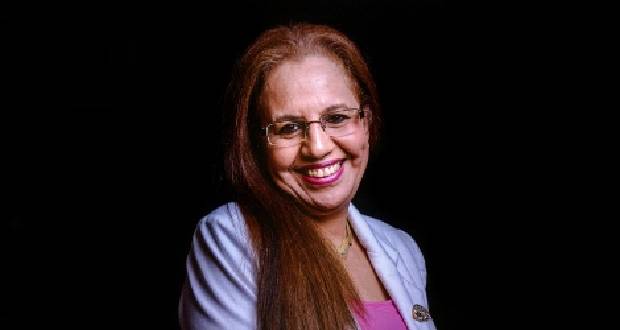Publicité
Older people and family environment in Mauritius
Par
Partager cet article
Older people and family environment in Mauritius

In olden times people used to die young. They kept working until the end. Those judged old by the norms of society were respected and revered for their knowledge, experience and wisdom. They had a rightful place within their family. In present day Mauritius, as in most industrialised countries of the world, there is a rift between the upcoming generation and older people. The latter continue to have responsibilities for their children but less and less recognition from their family.
According to recent research in Mauritius, parents see their relationship with their children as an exchange: the parent provides for the child to grow up properly and the child takes care of the parent in later years. It does not always work out this way. In a number of cases, babies grow up physically or mentally handicapped, children become alcoholics or drug addicts, or children leave the country in search of employment or a better future overseas. Who then has the responsibility to care for older people, the family or society? An overwhelming majority of older people (96%) in the research believe that it is the responsibility of society to care for older people, whilst well over half of the older people (67%) feel that both society and family should jointly sustain older people.

Older people need love, understanding, respect and a cordial supportive family environment.
Low feeling of wellbeing among older people in our country is most often attributable to lack of attention and care from the family. Older people are said to need love, understanding, respect, and a cordial supportive family environment. When occupational, economic, functional and health challenges increase in later life, family support assumes particular importance. In times of need, older people appear to turn first to kin for help. The family acts as a web of protection that isolates, helps and controls older people.
What kind of support do our older people expect from their family? This may range from advice on life’s problems, on jobs, money matters or business, help with transportation, housekeeping assistance, financial assistance, help with shopping, and running errands. Older people are aware, however, that if their income is substantial, such support would be more easily forthcoming. There are two special circumstances when older people tend to rely more on family support: retirement and failing health.
It is not surprising therefore that an overwhelming majority of older people (92%) in the country believe that better family attention and care can enhance the happiness of older people. “What they need however is attention from their family and environment, and this is not buyable. Formerly, adult children paid good attention to older parents, but in modern times they are pressed for time and they neglect their older parents”, observed an older person interviewed.
Influenced by culture
However, aging is very much influenced by culture. In traditional Indian society, for example, older people enjoy legitimate authority within the family, decide for the family on economic and political issues, and have an important and meaningful role to play. In return, the extended family provides protection to the old, the sick and inactive members of the family. In a similar way, “filial piety” requires the eldest son to keep, and provide for, old parents in other Asian societies. One important element of Singapore’s policy for older people is based on this principle, and it encourages families to keep their older people at home, against payment of a special allowance by the State.
In Mauritius, the extended family is frittering away and older people are finding themselves alone. The situation becomes more desperate when the husband passes away, leaving the widow to fend for herself. In its report on The Integration of the Elderly in the Family (2005), the National Economic and Social Council suggests that, “one can expect a new form of extended family structure to evolve with elderly people living on their own, but enjoying collective family protection”. With longer life expectancy, older people have a longer time to live after retirement. Which guidance should older people in Mauritius follow in order to ensure optimum family attention and care?
In conclusion, we can safely say that the family is the bedrock of the lives of older people. The family is the only institution to which older people first turn when they face adversity. However, older people should also know how to adjust to become acceptable to their family.
Siva Subramanien, PhD, CPG Credentialed Gerontologist
Publicité
Les plus récents






